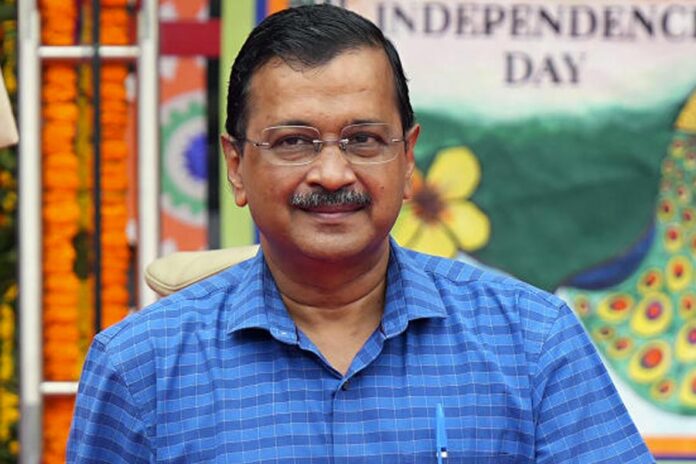Delhi Chief Minister Arvind Kejriwal made a physical appearance before the Delhi court in connection with the Enforcement Directorate (ED) summons case and was subsequently granted bail. This marked Kejriwal’s first in-person appearance in court regarding the case, following his previous appearance via video conferencing.
The ED has filed two complaints against Kejriwal for failing to comply with their summonses related to the Delhi excise policy case. They seek to record Kejriwal’s statement regarding the formulation of the policy, pre-finalization meetings, and bribery allegations. Kejriwal has contested the summonses, labeling them as illegal and politically motivated.
Granting bail, the Rouse Avenue Court directed Kejriwal to furnish a bond and surety bond amounting to ₹50,000. Kejriwal was allowed to leave after fulfilling these requirements, with a date set for April 1 for further proceedings.
Responding to the court’s decision, BJP MP Manoj Tiwari emphasized the importance of following the law, particularly for a public figure who has sworn to uphold the Constitution. Meanwhile, AAP leader Reena Gupta reiterated the party’s stance that the case against Kejriwal is politically motivated and lacks evidence.
Despite Kejriwal’s explanations for his absences, the court refused to stay the summonses during Friday’s hearing. Notably, the ED’s second complaint led to fresh summonses for Kejriwal, compelling his personal appearance before the court on March 16.
The ongoing case also involves allegations against other AAP leaders, including Sanjay Singh and Manish Sisodia, who are facing charges related to the Delhi excise policy. The AAP has accused the central government of orchestrating the case to hinder Kejriwal’s involvement in the upcoming Lok Sabha elections.



